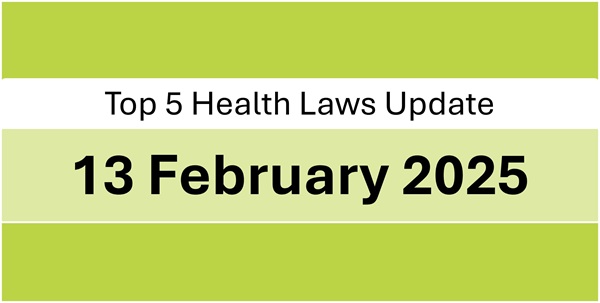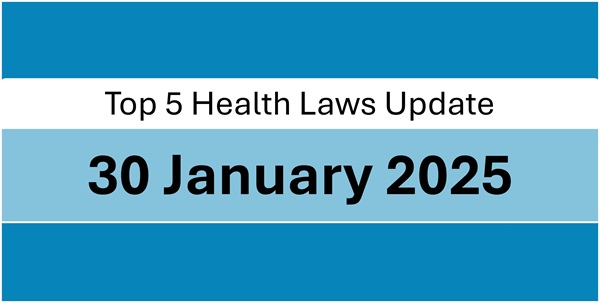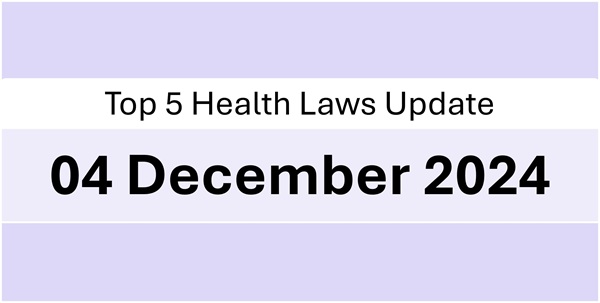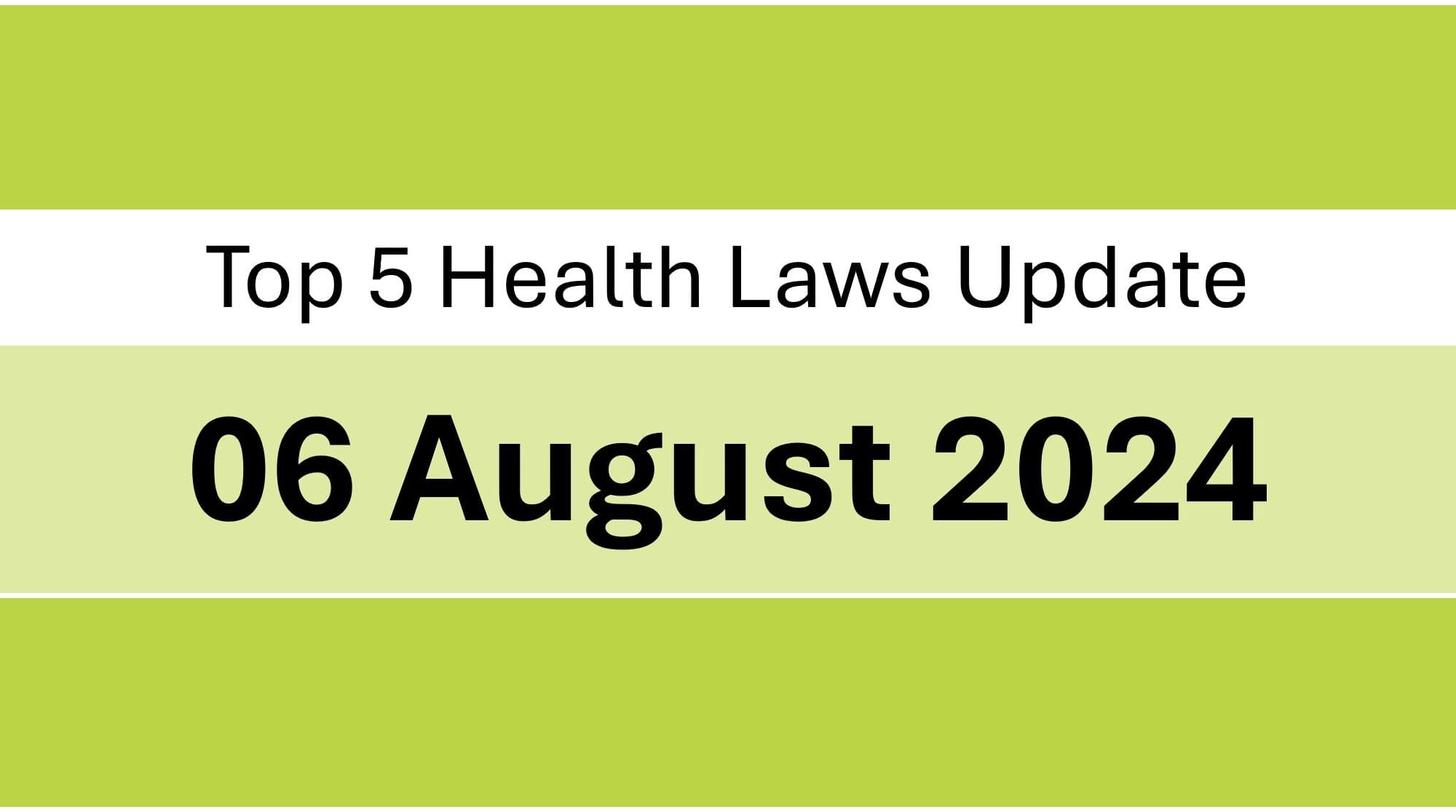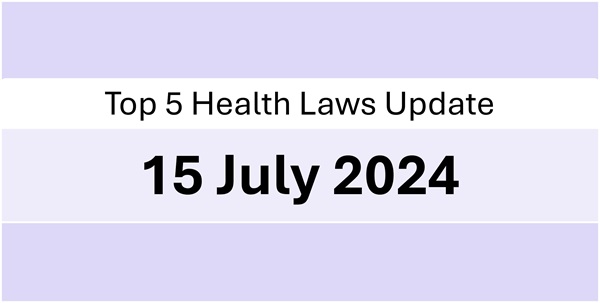Dear Readers, we are happy to share the most interesting legal and policy updates concerning health industry that we read today. we hope you enjoy reading it.
1. India’s Allahabad High Court recently ruled that a Food Business Operator cannot be held liable for ingredients purchased in sealed packets from a licensed manufacturer with a proper invoice, even if they are found to be unsafe. The court clarified that liability for unsafe products rests with the manufacturer or distributor.
Source: bit.ly/4hAlyip
2. India’s Department of Consumer Affairs has issued a draft Legal Metrology (Packaged Commodities) Amendment Rules, 2025 thereby relaxing the requirement to make labelling declarations at one place on the principal display panel (PDP) for the packages containing medical devices. Currently, all declarations are required to be made at one place on the PDP. The draft is open for public comments till 12th March 2025.
Source: bit.ly/40UsX4R
3. India’s Intellectual Property (IP) Office has issued a draft Guidelines for processing patent applications related to AYUSH systems, including Ayurveda, Yoga, Unani, Siddha, and Homeopathy. The guidelines aim to provide clarity to the filing and processing patent applications of Ayush systems and related inventions. Stakeholders are invited to provide feedback by February 28, 2025.
Source: bit.ly/3WZjWXa
4. India’s National Pharmaceutical Pricing Authority (NPPA) has revised the ceiling prices of antibiotics Azithromycin and Amoxicillin-Clavulanic Acid under the Drugs (Prices Control) Order (DPCO), 2013. The revisions account for a 0.00551% impact from the Wholesale Price Index (WPI) for 2024.
Source: bit.ly/3EBV7u4
5. Jammu and Kashmir’s Health Department had issued clear directives to ensure compliance with the prescription guidelines. However, doctors in government hospital have continued to disregard these guidelines thereby imposing a significant financial burden on the patients. Under these guidelines, doctors are required to write prescriptions in legible capital letters along with their name, designation and signatures.
Source: bit.ly/40YI1yl

